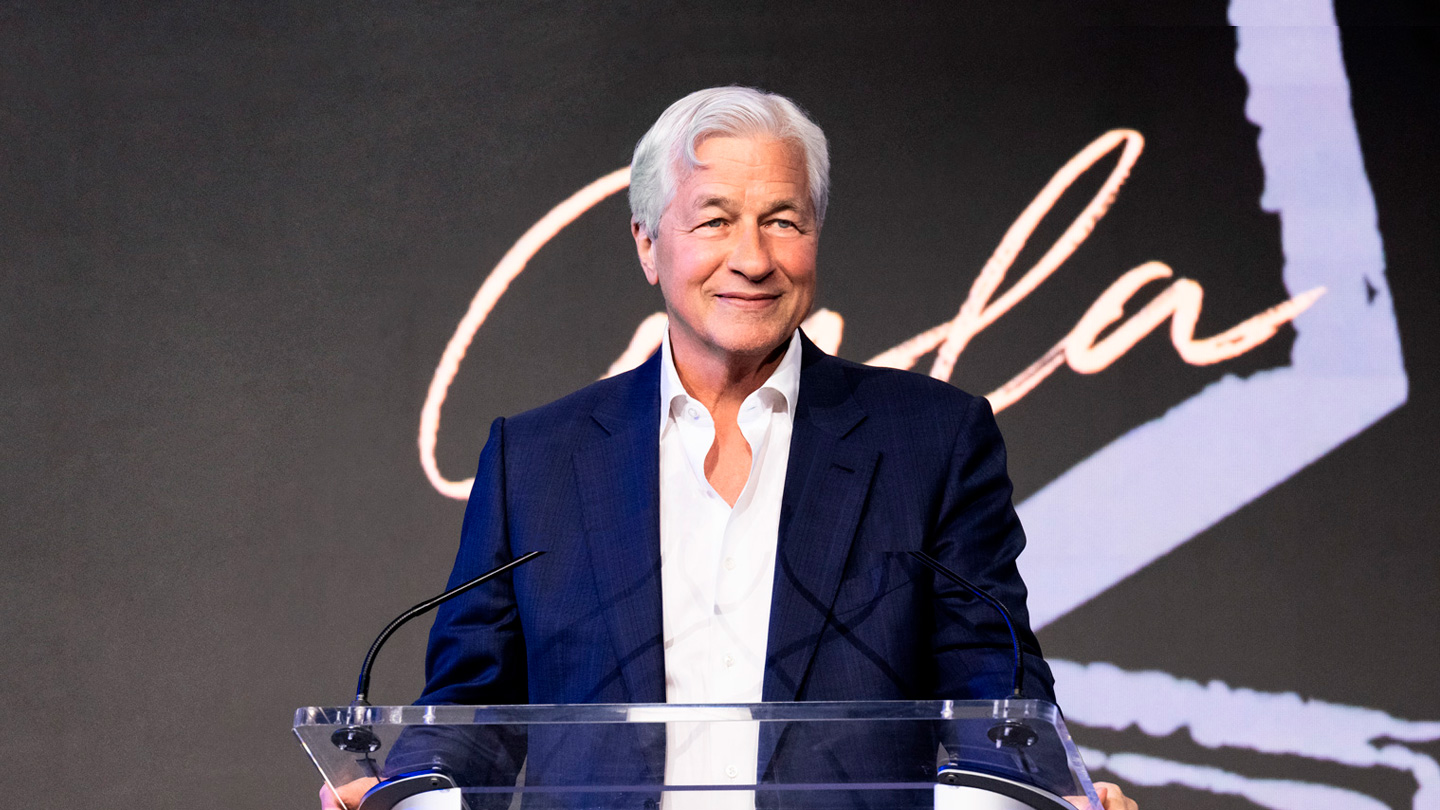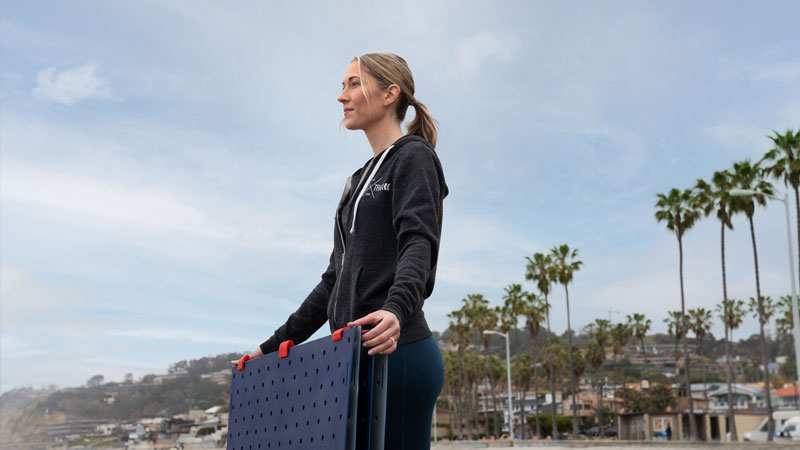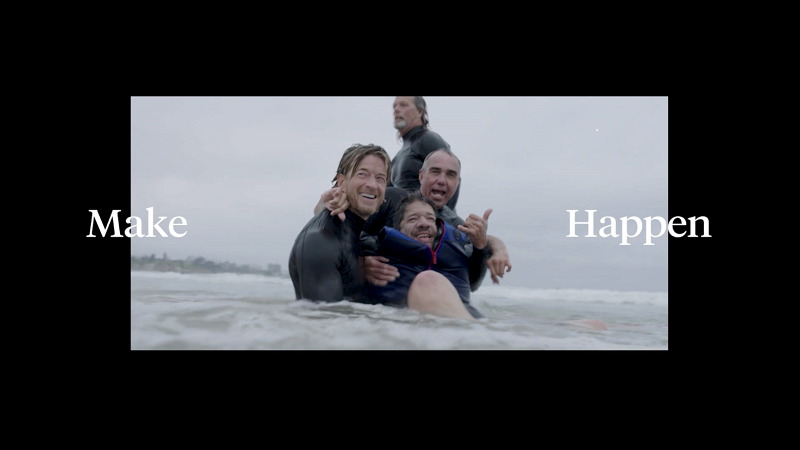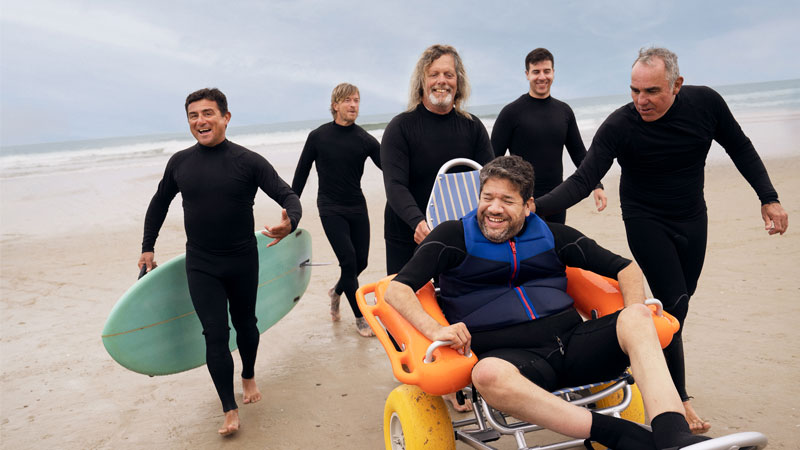When Kelly Twichel was 12 years old, she awoke one early morning to the sounds of paramedics coming up the stairs in her home. Her mother had suffered a massive stroke. It eventually affected all aspects of her mother’s life, including her mobility: from then on, she relied on a wheelchair.
Twichel was forced to grow up fast as she, alongside therapists, helped her mother to rehabilitate.
Because of this early experience, Twichel realized the challenges people with disabilities and their families face doing everyday tasks and accessing recreation—especially outdoors.
“Independence and accessibility are central to a person's livelihood,” says Twichel.
Interest in the outdoors has soared in recent years. In fact, according to a March 2021 report commissioned by the Outdoor Industry Association, 53 percent of Americans over the age of six participated in outdoor recreation in 2020—the highest rate on record. With more visits to nature comes more need for accessible access to the outdoors.
While the Americans with Disabilities Act (ADA) mandates that public beaches be accessible, there are few specific directives. And, even with standard accessibility accommodations like handicap parking and walkway ramps, getting onto the actual sand of a beach can be extremely difficult for those who use mobility devices like wheelchairs. In California, where the beach is central to a lot of people’s lives, 1 in 4 people report having a disability, and of those people, 10 percent report their disability being mobility related, according to the CDC.
“What they have to do is, a couple of people would be carrying grown adults like a child, or they'd have to transfer into a big beach wheelchair if there was one available. Most times there aren’t,” says Twichel. “They can't even push themselves in these beach chairs—usually two people have to push them.”
Inspired by her love of helping people, Twichel founded Access Trax, a company that empowers people with physical disabilities to get outdoors by making portable, foldable pathways for accessibility over outdoor terrain.
Building a Pathway to the Ocean
In 2016, Twichel and her co-founder volunteered at a Western Surfing Association event and brought two handmade prototypes of their mats to test out. These mats had been created as part of a graduate school project, but after seeing how they enabled surfers with wheelchairs to independently get themselves to the water, Twichel knew she had to make this business work.
After graduating, she turned to JPMorgan Chase for support. “My co-founder had been banking with Chase personally, so he said, ‘Let's go with the bank that we already know and trust,’” says Twichel.
Senior Business Consultant Peter Jackson became her mentor after they met at a local business accelerator event. As part of a JPMorgan Chase business growth program for entrepreneurs, Twichel was able to take advantage of invaluable coaching opportunities. Working with Chase, she learned how to break into new markets and how to make her business lendable.
“Kelly came looking for ways to develop and grow her business in both the public and private sectors but didn’t have a strong working knowledge of how to become lendable to access capital and how to use her “why” to win business,” says Jackson. “I created a plan for her to support her business by focusing on two areas of mentorship: Access to Capital and Business Development. She took everything she learned and applied with determination,”
Access Trax is now an annual sponsor of the World Para Surfing Championships.






